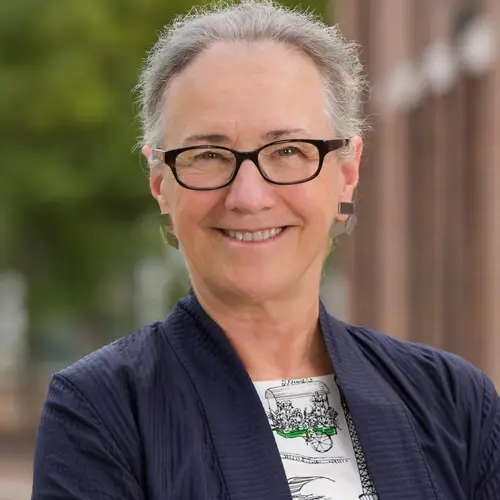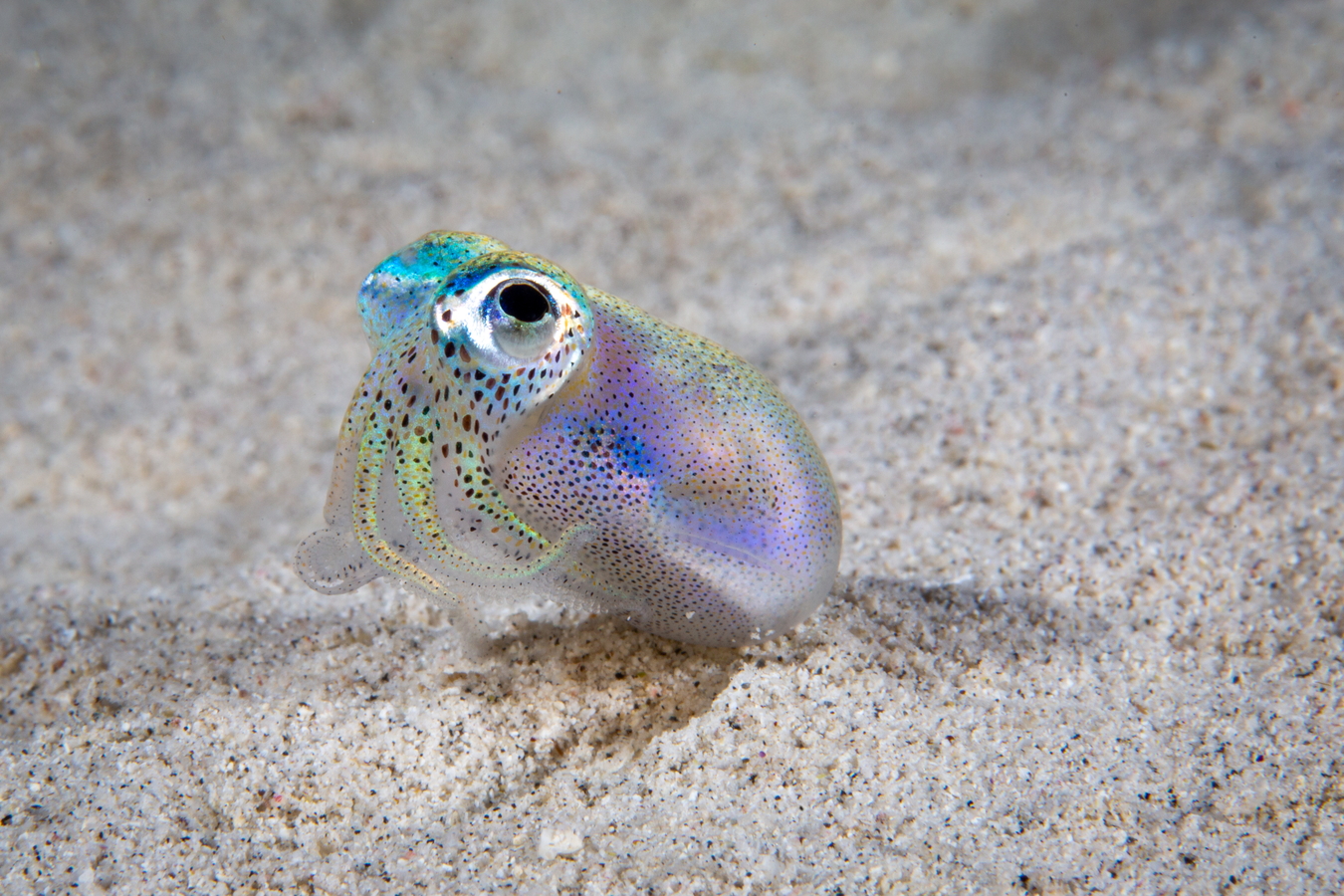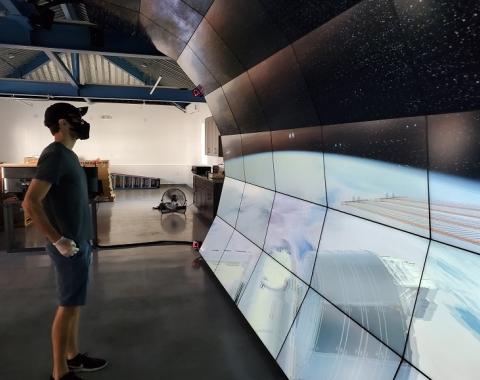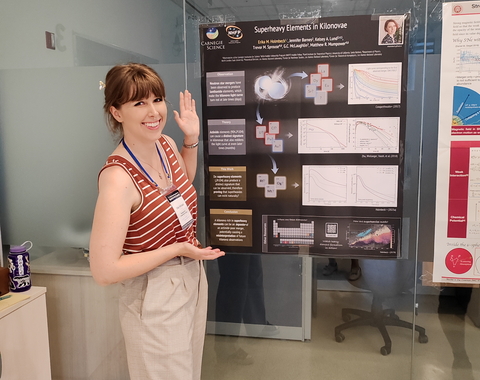Overview
Until recently, biologists had viewed microbes principally as pathogenic symbionts that compromise the health and fitness of an animal or plant. But the application of new genomic methods over the last decade has revealed that beneficial, co-evolved partnerships that are critical for the host's health are actually much more prevalent.
These essential relationships often share a set of common characteristics. They are re-established in each host generation, remain stable throughout the host's lifetime, and occur as interactions at the surfaces of cells, such as those that line the human gut or comprise the leaves of plants.
The new findings afforded by advances in biotechnology prompt the questions:
- How do hosts initially recognize their appropriate partners during development?
- How do microbes maintain a balance between overgrowing the host's tissues and elimination by the immune system?
Biomedical researchers who are interested in the human microbiome are taking a variety of approaches to address these questions. Because in humans and other vertebrates these alliances involve hundreds to thousands of microbial species, these researchers take advantage of simpler systems, using them as "experiments" presented by evolution.
These model systems provide a window into the mechanisms underlying interspecies communication and co-existence, which are conserved across the tree of life.
In her presentation, Dr. McFall-Ngai will describe work on one such model, the association between the Hawaiian bobtail squid, Euprymna scolopes, and its bioluminescent bacterial partner, Vibrio fischeri. The study of this binary association continues to reveal the "diplomatic relations" that maintain the stability of a life-long colonization of animal tissues by beneficial bacterial symbionts.

Dr. Margaret McFall-Ngai
Pioneering microbiome specialist Dr. Margaret McFall-Ngai is the inaugural director of Carnegie’s newly launched Biosphere Sciences and Engineering divison. She joined us in January, 2022, from the University of Hawai‘i at Mānoa, where she was a professor at the Pacific Biosciences Research Center’s Kewalo Marine Laboratory and the center’s director emerita.
McFall-Ngai is a recognized thought leader regarding the cornerstone role microbiology plays in the life sciences. Her research specializes in beneficial relationships between animals and bacteria, including the establishment and maintenance of symbiosis, the evolution of these interactions, and how they affect the animal’s health.
Much of her work has concerned the relationship between the bobtail squid and the luminescent bacterium Vibrio fischeri, which colonizes the nocturnal cephalopod and allows it to camouflage itself by Moon- and starlight to hunt and escape predators. Using this association as a model, she has been able to elucidate many details about how the microbiome shapes various aspects of animal life, including development and longevity.



